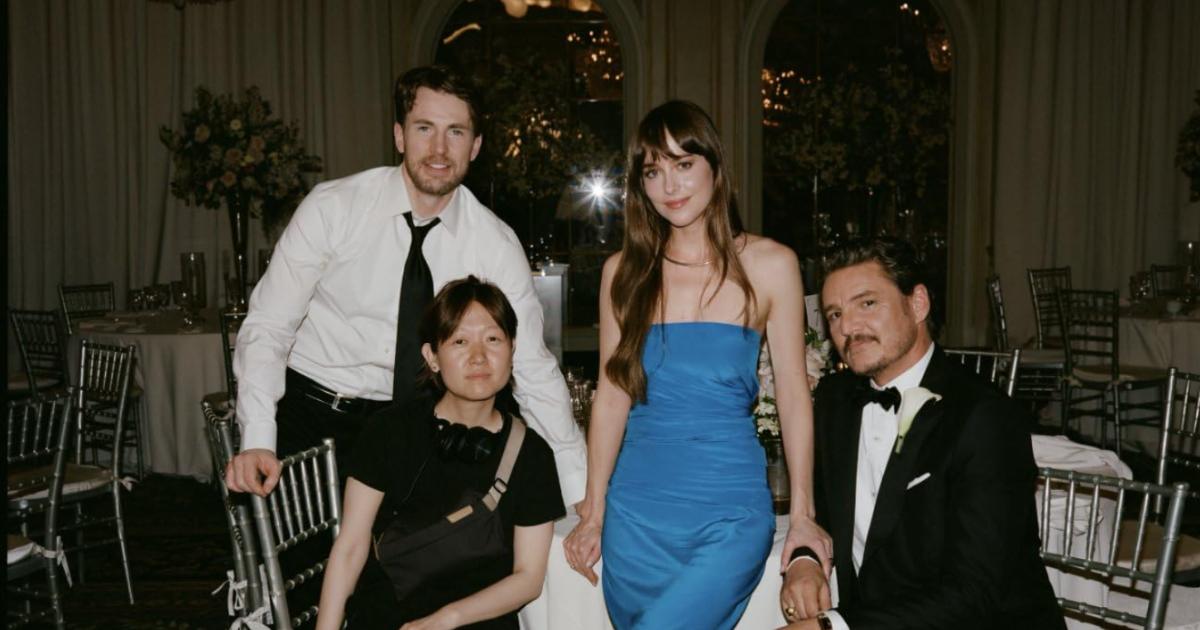Can Matchmakers Save Their Clients from Rejection?
Have you ever wondered how some people just bounce right back after being shot down romantically? It turns out, knowing how to handle rejection is an art, and a matchmaker is like a master painter. Our seasoned matchmakers, Megan and Marie, have honed their skills in navigating the ups and downs of the matchmaking process. We asked them to shed light on how they shield their clients from disappointment and keep spirits high throughout the matchmaking journey. Grab a comfy seat, settle in, and learn to maintain hope and bounce back from rejection the matchmaker’s way.
Can you tell me a little about your experience in matchmaking?
MEGAN: I’ve been in matchmaking for over 12 years now. I’ve seen some pretty major changes in the way things are done. For my first few years, we worked off of paper client profiles. It was actually really nice to have something physical to work from, but keeping track of everyone was a nightmare! In the years since we’ve gone digital, we’ve done a lot less digging through stacks of paper and a lot more introducing clients.
MARIE: Oh gosh, I’ve been working in matchmaking for over ten years now. I’ve worn a few different hats in that time; I’ve been a coach and a matchmaker. I’ve even worked exclusively with clients who other matchmakers have trouble finding great introductions for. You name it, I’ve done it.
How does rejection during a matchmaking introduction differ from a typical date?
MEGAN: There are a lot of things about rejection that stay exactly the same when you work with a matchmaker. Those awkward conversations and texts still happen. It’s unfortunate, but ghosting still happens here sometimes, too. People are going to do what they’re going to do, but the advantage of having a matchmaker versus swiping on an app by yourself is that we can give you guidance when things like that happen. The things said about clients in feedback is confidential, but we still find ways to use it to make the journey more successful moving forward.
MARIE: Working with a matchmaker has its benefits, and one of those is definitely that we can soften the blow in a few different ways. When you date on your own, often you don’t really know when, or even if, things have ended with someone. Although we don’t get to share specific details with clients, it helps that we can provide a little bit of closure by letting them know that someone has decided to move on. I’ve also seen clients who didn’t find a love connection become great friends later down the road. Our introductions are all based on compatibility, so friendship is always a possibility when things don’t work out romantically.
How does working with mature clients affect your approach to handling rejection?
MEGAN: There is definitely a balance to strike between catering to client’s preferences and asking for compromise. Something I’ve learned is that older clients tend to know what they want. They sometimes have specific requirements that take very high priority in their search. We meet a lot of people who only want a partner who golfs, for example. So, I guess it can be challenging sometimes to introduce them to someone who might be a great partner, but who isn’t a “fit”.
MARIE: I hear clients from older generations saying that dating has changed too much. They’re right! These days, people can get in a hurry, and they’re very concerned about finding someone who looks perfect on paper. Things are hard when you’re dating on your own, but I always tell clients that’s why they came to us! Matchmaking is a great way to slow things down so folks who aren’t as comfortable with the pace of modern dating can relax. Our membership provides a really great opportunity for older clients to bring it back to what they know.
How does the feedback you collect from your clients soften the impact of rejection?
MEGAN: Feedback tells me how realistic a client’s expectations are. In the end, all of it, the good, bad and the ugly, gives me more information that I can use moving forward. I try to make note of any details that stick out to me about the client’s reaction to the date. I try to address any red flags in the moment, and usually a little guidance behind the scenes is enough to keep things moving smoothly for the next introduction.
MARIE: Feedback is vital! It may be the most important part of the whole matchmaking journey, and in a way, it really does make rejection easier to deal with. When clients give honest, accurate feedback, even if that introduction didn’t work out, as a matchmaker, I still learn so much from what they tell me. I might learn ten things “wrong” with the person they met, but I also learned ten ways to get it right next time. So, in that way, every rejection has a purpose, and it brings my clients closer to the person they’re meant to meet.
What do you do to help your clients maintain a positive mindset through setbacks?
MEGAN: When it happens in the reviewing stage before an introduction is made, we don’t let the rejected client know. It doesn’t benefit anyone to know who said “no thank you” to meeting them. Another thing I do is try to keep clients’ anxiety and expectations down by recommending that they keep things light for the first couple dates. Heavy topics can really bring down the mood and get in the way of good chemistry!
MARIE: I do have one thing I like to remind folks, and this advice is so simple that it has to work. I actually just told a client this today. The best way to keep a positive attitude is to drop your expectations! And this isn’t just advice for matchmaking. When you go on a date with anyone, stop asking yourself fantasy questions like, “Is he my future husband?” or, “What are my kids going to say about her?”. Those questions can wait a little while. You’re going on a date to have a nice time and meet a good person, so have fun!









